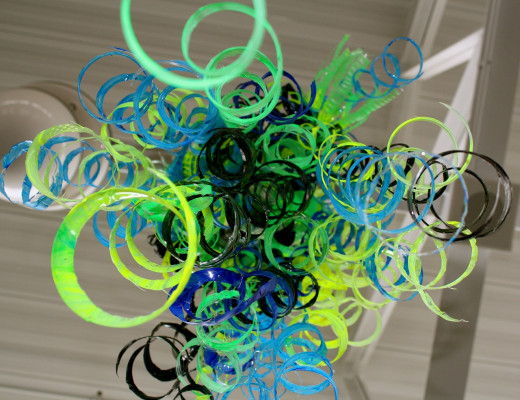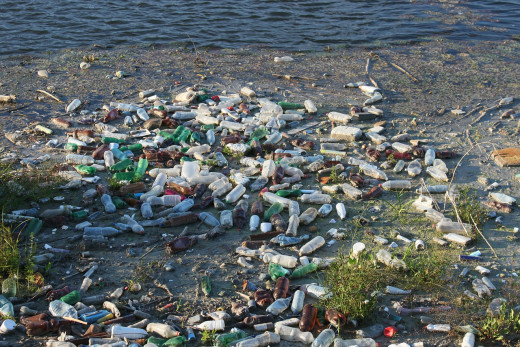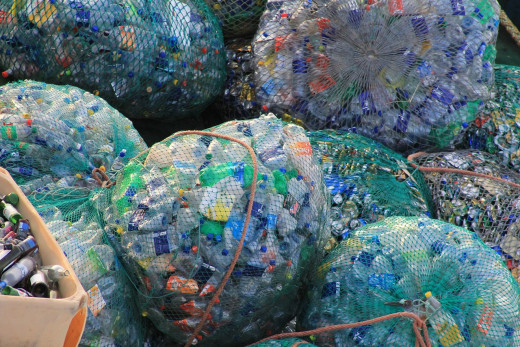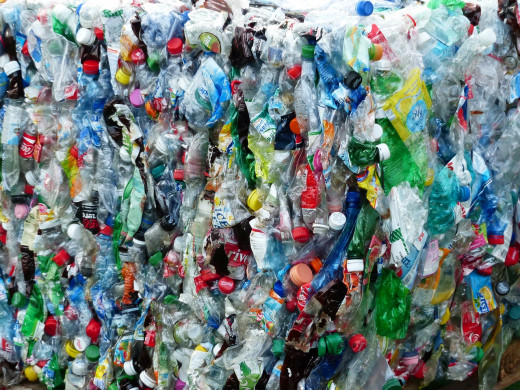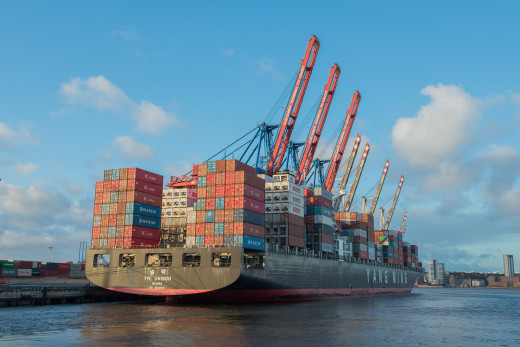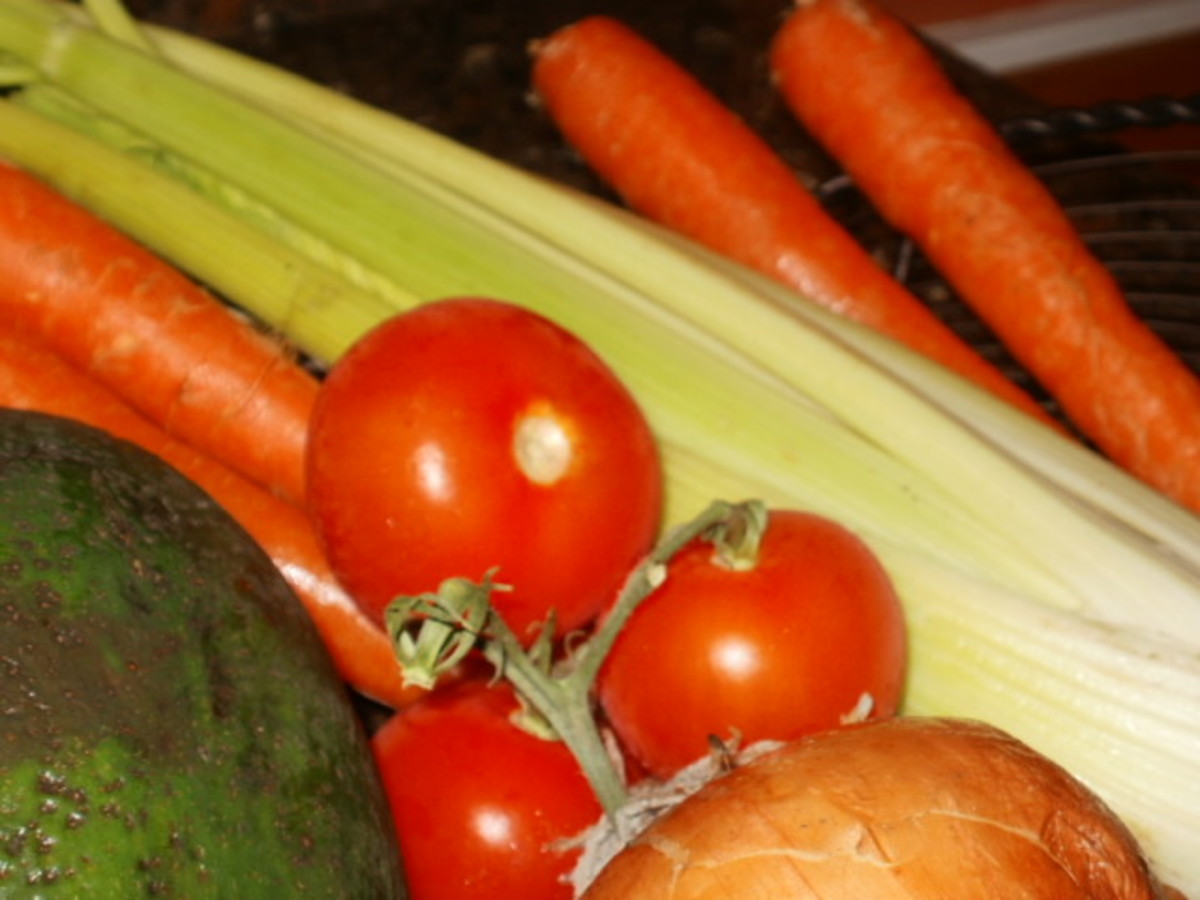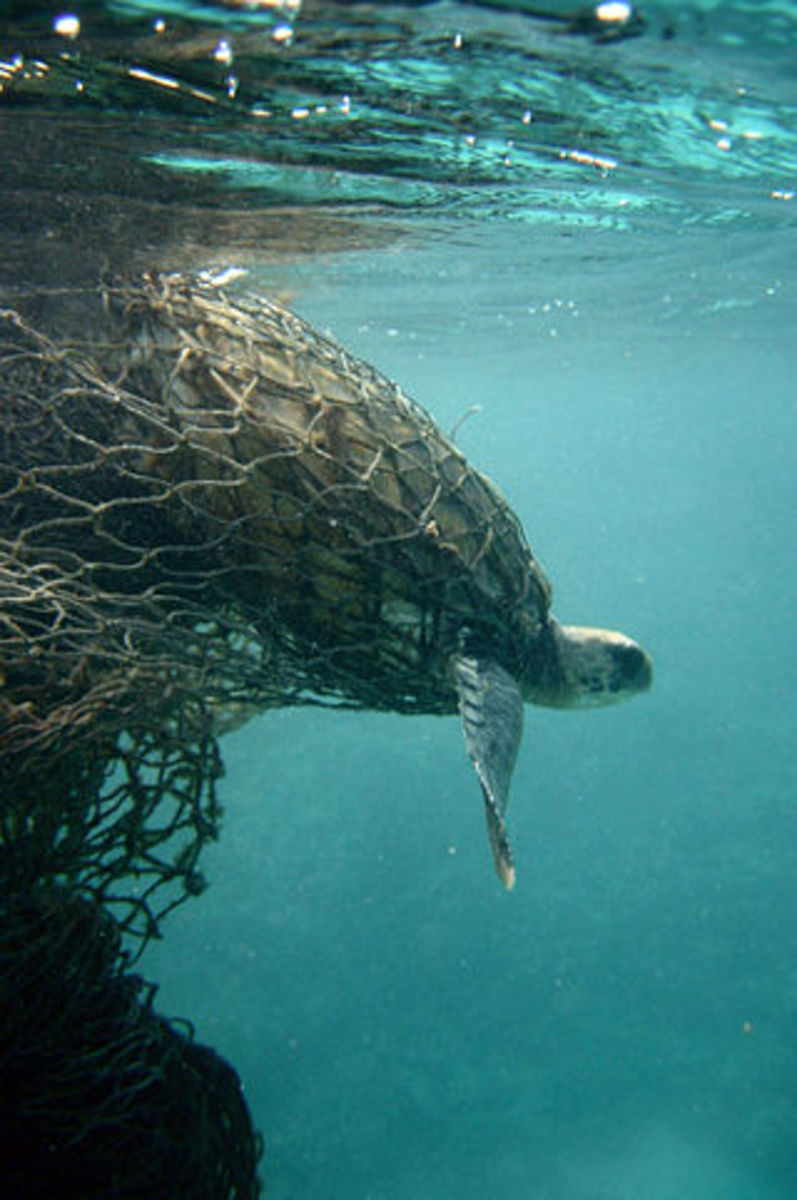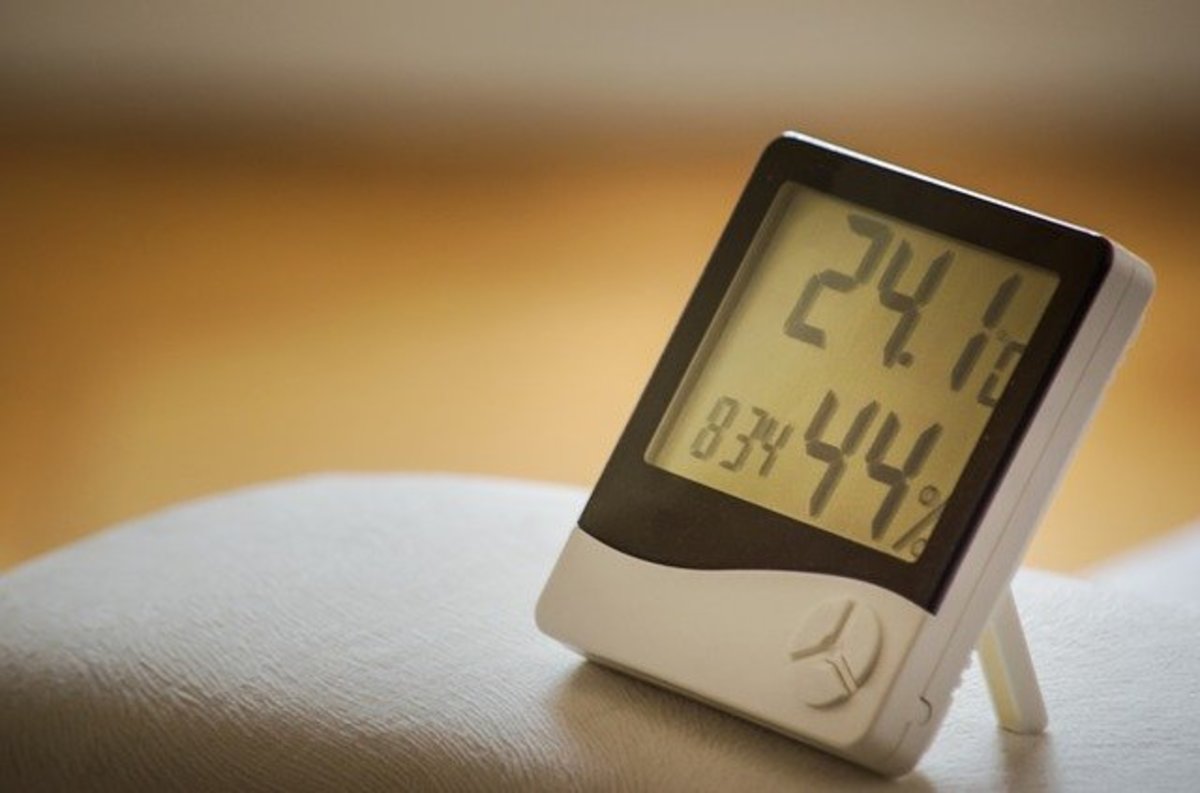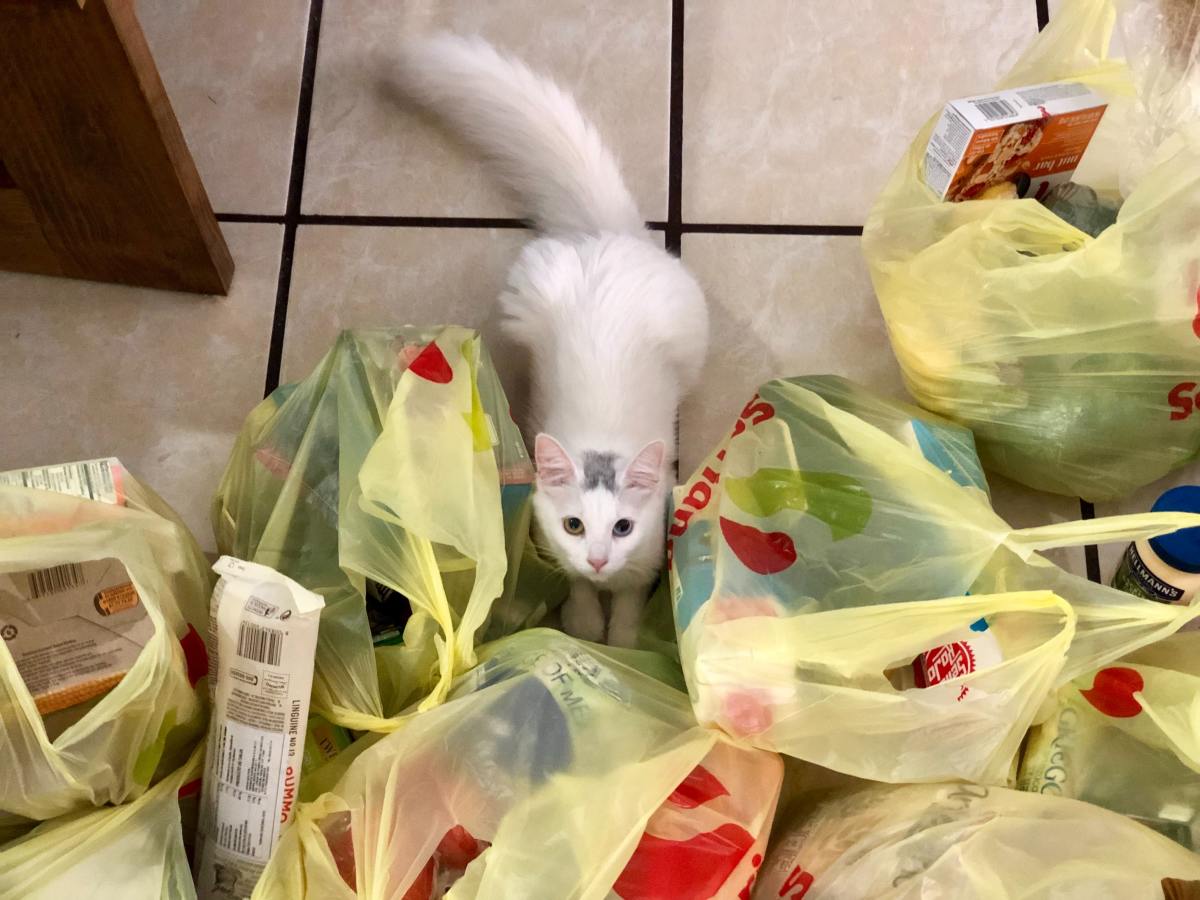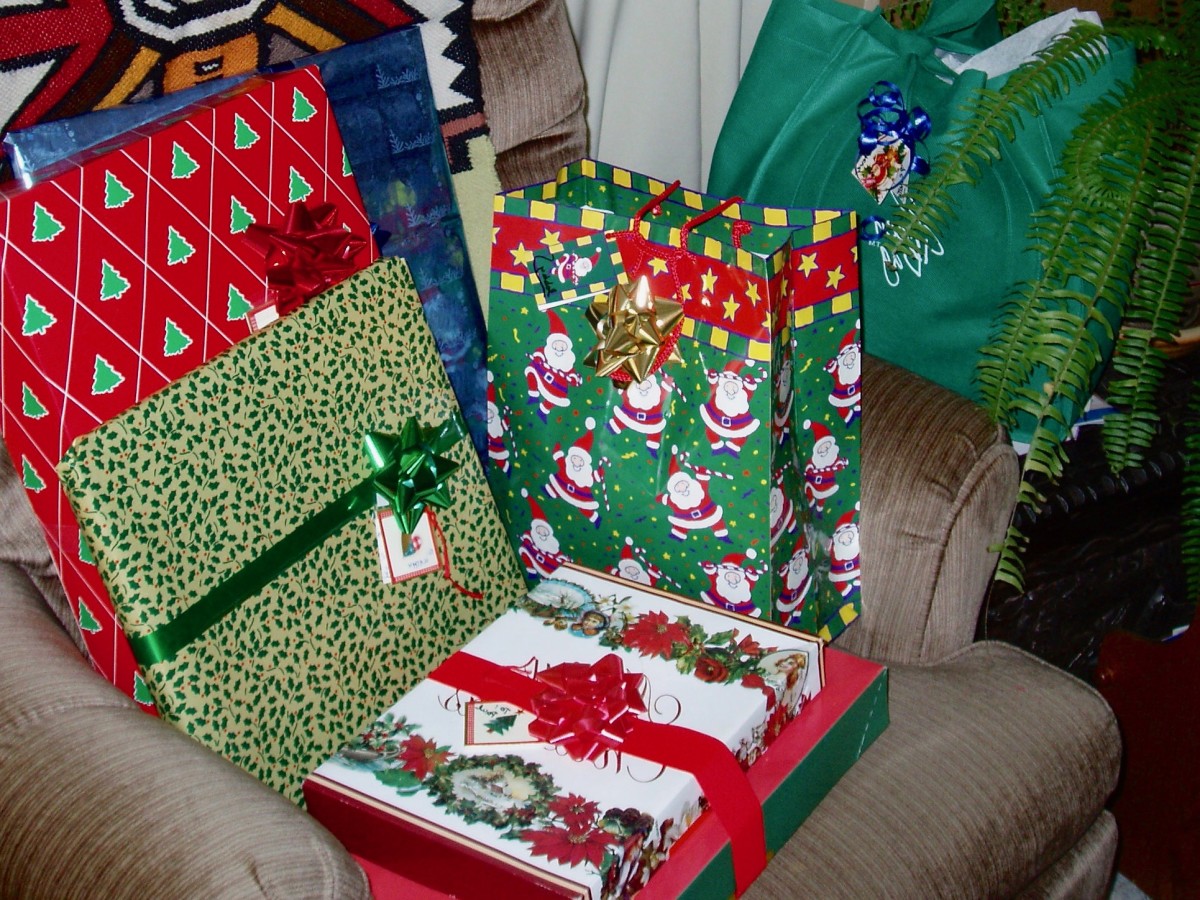Bisphenol A, BPA: Plastic Pollution
Bisphenol A is a synthetic compound and is a carbon based synthetic as well. BPA belongs to the group Bisphenols and diphenylmethane derivatives and containing two hydroxyphenyl groups. The chemical formual for Bisphenol A is (CH₃)₂C(C₆H₄OH)₂ . Simply put, it is a form of plastic, or Polycarbonate plastic.
Did any of that make any sense? Well if you are a commoner like me it probably was one of the most confusing statements you have likely read in a long time. So I decided this needed further research. Those with small children maybe more aware of the BPA free movement than those without. I must admit that prior to having my son, I really had no knowledge of BPAs or any safety concerns with them.
These plastics are often used in food packaging, water bottles and (GASP) baby bottles, medical equipment and a wide range of other products we use daily.
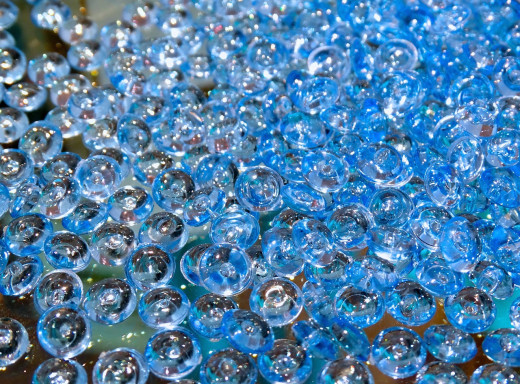
BPA Origins
BPA was believed to be first synthesized in 1891. Then tested as a birth control method. Testing was done on lab rats in the 1930s and Bisphenol A was eventually replaced with estrogen based contraceptives.
The first solid mention of BPA dates back to a paper written by Thomas Zincke in 1905, at the University of of Marburg,in Germany. Although it would not be introduced to the plastics industry until around the 1950s.
Polycarbonate plastics are produced through a reaction when BPA and phosgene COCl2 are combined. It was originally used in electrical products like appliances and wire connectors. It was also used as a glazing to improve the sealing of green houses and buildings.
The industry and demand for polycarbonate plastics grew. In the 1960s our good old FDA approved BPA and polycarbonate plastics for use in food containers. The approval was granted under the food additive regulations of the FDA.
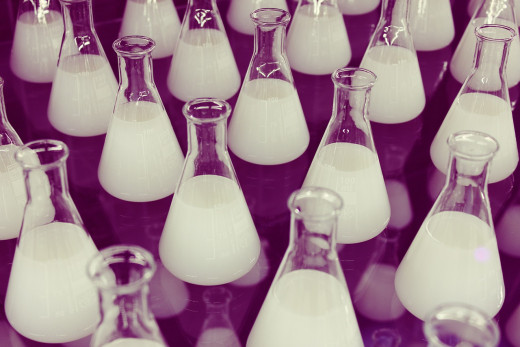
BPA Testing
In the 1960s the plastic industry went crazy, with all the new available ways to cheaply package foods using these polycarbonate plastics.
Now we all know what happened to milk being delivered in glass bottles, it was phased out by a cheaper alternative. Lining major companies products with more profits from saving on the cost of packaging.
Everyone went on with this new craze of plastics. After all it was approved by the FDA right? That must mean it is safe.
It was not until an md in the 1990s was conducting experiments with his team at the School of Medicine, that the possibility of the unsafe nature of BPAs were discovered. Meaning we had been exposed for 30 years already to adverse effects of these polycarbonate plastics.
Dr. Feldman along with his associates had been studying receptors for steroid hormones like estrogen. The research was to see if these receptors had originated from yeast.
What they ended up finding was by shear accident, as it was not an intended study of the research they were conducting. The discovery was that by using polycarbonate plastic flasks to grow the yeast bacteria for the study, it turned out that the yeast was in fact not synthesizing the receptor hormones for estrogen. The estrogen was leaching from the flasks used to grow the yeast.
They then conducted the same experiment using glass flask for the yeast to grow in. The conclusion was that in fact the BPA over time leaches out of plastics.
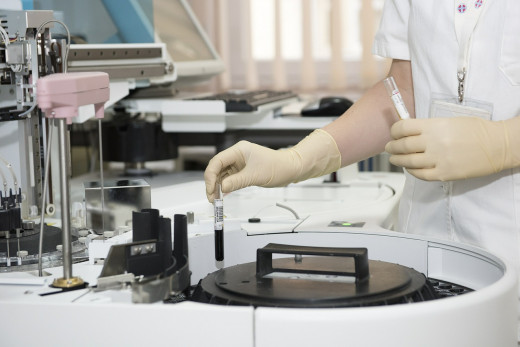
BPA Health Risks
Look around, how many plastics do you see in your home? Even some fabrics contain plastic compounds.
Water bottles, kids toys, toothbrushes, televisions, blurays, playstation, xbox, cell phones cups, hair brushes, food packaging, plastic cups, plates, bowls, I could go on but I think you get my point.
Even the wiring in your home is plastic coated, the interior of your car. Plastics are ever where. It is even used as a sealant for most metals. Canned foods like green beans in the market used BPA in the seal as well.
While most baby products are now BPA free, the hard plastic part of a pacifier still contains BPA!
Most of the health studies conducted on BPAs are done on lab rats. There are many potiental health hazards and effects that cause concern with the uses of BPA.
The biggest worries surrounding the effects of BPA are on newborns and children (thus most baby items are BPA free these days).
These side effects are developmental brain issues, behavioral problems, and interfering with hormones of pregnant mothers causing fetal development issues.
But wait, there's more! There have been animal studies that show a correlation with BPA exposure and cancer in lab animals. Just another carcinogenic it seems.
Obiesity, ADHD, and heart problems and other conditions are also being studied and considered as a possible health effect of BPA exposure.
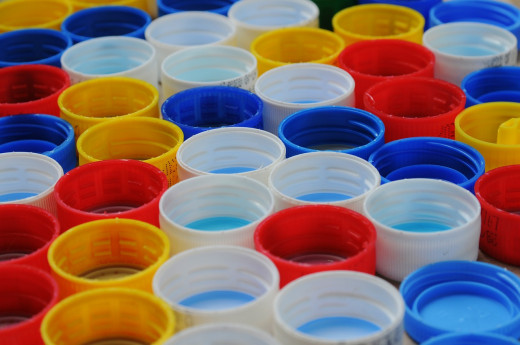
BPA Remains a Problem
With more and more studies being conducted there are currently no FDA restrictions on BPA plastics.Currently our Federal Government is funding research into the possible side effects of BPA exposure.
The first documentation that BPA leaches from the plastic was over 20 years ago. I find myself wondering if it is just to lucrative to deem unsafe. Imagine the research that could have been completed in 20 years. Yet we are still left wondering with no "concrete" results as to the safety of BPAs!
As I mentioned earlier we are exposed to BPAs all the time. Every time you get a receipt on thermal paper, at retailers like Walmart, Target, Kohl's, and even at the gas station, it is covered in BPA.
I am a documentary lover when they involve nature, earth, farming or anything I am interested in. I suggest watching Plastic Paradise - The Great Pacific Garbage Patch. The doctor that was conducting the thermal paper study admits to being contacted and urged to 'make the results go away'. If you have Netflix it is available to stream.
What that documentary showed me, made me sick. these polycarbonate plastics do not biodegrade! They simple break apart into smaller pieces over time. All the while leaching BPA into the environment!
Fish and wild life are eating these plastics, then ending up on your dinner table. That is a huge concern for me and I hope it is for you as well.
Andy Keller inventor of Chicobag was sued for his campaign for reusable shopping bags. Really, why is this even allowable? We all know plastics are bad right? This is not the first time that "Big Plastic" has has lobbied in this way. Luckily the lawsuit was settled, it really did not have merit after all. Will it stop there though, that is the question.
The sad fact of the matter is that plastics are a huge concern and BAD for the environment.
But I Recycle, That helps right?
If you are like me, then you are wondering what we can do. It scares me to think of what this world will be by the time my son is my age. 30 years may not seem like a lot in the grand scheme of things. Yet 1500 plastic water bottles are used every SECOND! A second, take a minute to soak in the ramifications of that fact!
While you are drinking a bottle of water there are billions of tons of plastics swirling around our oceans at this very minute. That bottle you are drinking out of will NOT biodegrade. Not all plastics are recyclable, and the majority are not recycled at all.
In fact for years the United States Of America was exporting plastics and other items we thought were being recycled to China. It was the most lucrative export being utilized in the USA. Got your thinking cap on- all that time and energy spent sorting your bins for pickup day and yet it is not being recycled. Even if your waste disposal companies says it recycles, that does not make it true.
Although China is working in Green Fence that may drastically change the way the USA exports recyclables. There are many products we use every day that simply are not recyclable at all. The harder plastics are very hard to break down, and reuse.
The sad simple fact is we are being overrun and polluted by our use of plastics. Plastic production also uses up 8% of the worlds oil production. So we are using our resources and contaminating our environment at the same time. Not to mention the harm done to the environment when we produce the oil.
There is a very small amount of plastics that are actually recovered. In fact over 93% of the worlds plastic goes un-recovered every year, that leaves a very small amount of plastics that even making it to a recycling center.
The fact is that society has become so "disposable" that we may never be able to recover from plastic pollution. Those consumers that do recycle, just can't make up for all the plastics used and tossed on a daily basis.
Up-cycling is a wonderful way to reduce the pollution in landfills and oceans.
Click thumbnail to view full-size




What you CAN do to make a difference
I imagine you are in shock about the truth of plastics. We try to be green, yet we are being lied to about it being recycled.
Here are some things you can do to make a difference.
- Stop buying Coke, Pepsi etc in a bottle, opt for Aluminum cans- they are 100% recyclable as well as being a completely sustainable metal.
- Use re-usable shopping bags- over 1 million plastic bags are used every minute!
- Stop drinking bottled water! It is not any safer than the water that comes out of the tap! I mean it, you are throwing your money away and polluting the earth! Buy a reusable aluminum drink bottle instead, and use the tap. Although bottled water it is a billion dollar industry, drinking your tap water is 2000 times cheaper!
- Say "NO STRAW"! Straws make up a huge amount of plastic waste. Opt for a re-usable straw instead!
- Stop ordering take out! Making meals at home creates less waste and is much healthier!
- If you plan on going to dinner and have leftovers, take your own re-usable container and pack them in it.
- Up-cycle! Almost everything has a dual purpose, and can be given a new life. Use your imagination! Coffee cans make great birdhouses! Paint them any way you want, and even add a perch, hang or attach to a tree or post! Often you will find that schools will even take old magazines for art projects!
- Electronics- never throw them out, they can be resold on eBay for parts, traded in or recycled properly. There is no reason you need "bigger, better, best" every year.
- Avoid Synthetic fabrics. Fabrics like polyester flake off in the wash and inevitably the plastic ends up in water ways. Look instead for natural fibers, you will find your clothes last longer too! WIN WIN!
- If you must purchase that Starbucks in the morning- skip the lid. Or better yet opt for a re-usable coffee cup. While Starbucks offers recycling, we know the ugly truth behind plastics.
- Look at the foods you buy, try to avoid any packages made of plastic. Better yet buy local and ask that your foods not be wrapped, and use a reusable bag instead.
- If you buy produce at a big box store- skip the produce bags- really why are you using these? I would hope that you are washing your produce before you eat it. Instead lay a reusable bag over the front of the buggy and play your produce on it. Or purchase a reusable mesh bag so the cashier can see the produce but you have a germ barrier.
- Skip the receipt, some places have the option to not print a receipt. If you are just getting a coffee- save yourself the exposure to BPAs and opt out of the receipt.
- Use glass containers to store dry goods in your home, you can even take them with you when shopping for dry bulk goods, and put them directly into the containers.
- Buy milk in glass bottles- I know this is not available in all areas but it is in mine. It is in most cases from a local dairy, and you get a discount when returning your bottle!
- Consider buying meat locally- and have it wrapped in parchment paper rather than plastics. Some Deli counters will do this as well, you will have to see what is available in your area.
- Buy wood toys instead of plastic for your children. They will last longer, break less and impact the environment less as well.
- Compost! This will reduce the need for purchasing plastic garbage bags, and less waste goes to a land fill. You could also use it as a science experiment for school if you have kids!
- Stop using plastic silverware and utensils. For Cooking I use wood or bamboo utensils- they last a lifetime and do not ever melt like their plastic counterparts! If you need to pack a lunch, use real silverware, and take it home to wash. If you are ordering out, ask the restaurant to leave out the flatware!
- Buy boxes of laundry detergent rather than plastic bottles.
- Avoid the freezer section! Even the boxed items in the freezer section of the market are coated in plastic. Opt for fresh ingredients instead!
- Ask about produce containers- blueberries and many other fruits come in small plastic containers or flats. Ask your grocer if they will take them back. Most farmers markets will allow you to bring them in for a re-fill!
- Avoid anything that has "disposable" in the name. Instead of a disposable razor, opt for one that you only replace the blades.
- Cloth diapers! They will save you money and save the alternative from ending up in a landfill!
- Lighters, give up disposable ones for a refillable lighter.
I hope this helps enlighten some people out there as to the real dangers of the plastic industry. There is nothing in place that makes manufacturers responsible for cleaning up the aftermath once their items have been consumed.
The problem with plastic is that we have already built up so much pollution and cluttered the world with it that there is no feasible way to clean up what is done. It would just be far to expensive, and I do not see any billionaires willing to give up any of that money to help.
What we can do is STOP the cycle! Make an impact, and stop using plastics! Even gum is made from a synthetic rubber ( a plastic compound). If we each do our part and try to stop using so many plastics we can stop the endless cycle of plastic pollution.
It gives me the creeps to think that fish I am eating for dinner were chowing down on plastic. Despite the fact that it's a foreign chemical, there is no nutritional value for the fish- so what nutrition is left for me when I eat that fish that has been living on plastics?
I welcome any and all comments. I appreciate each and everyone of my readers! Thank you so much for yet again reading one of my articles!
If you are passionate about the things we put into our bodies being safe and healthy you can find more of my articles here.
If you are passionate about sharing your knowledge and experience with others and think about writing I suggest joining HubPages!
There is a very loving community of helpful and inspirational writers here on HubPages!
© 2015 Cynthia Hoover

